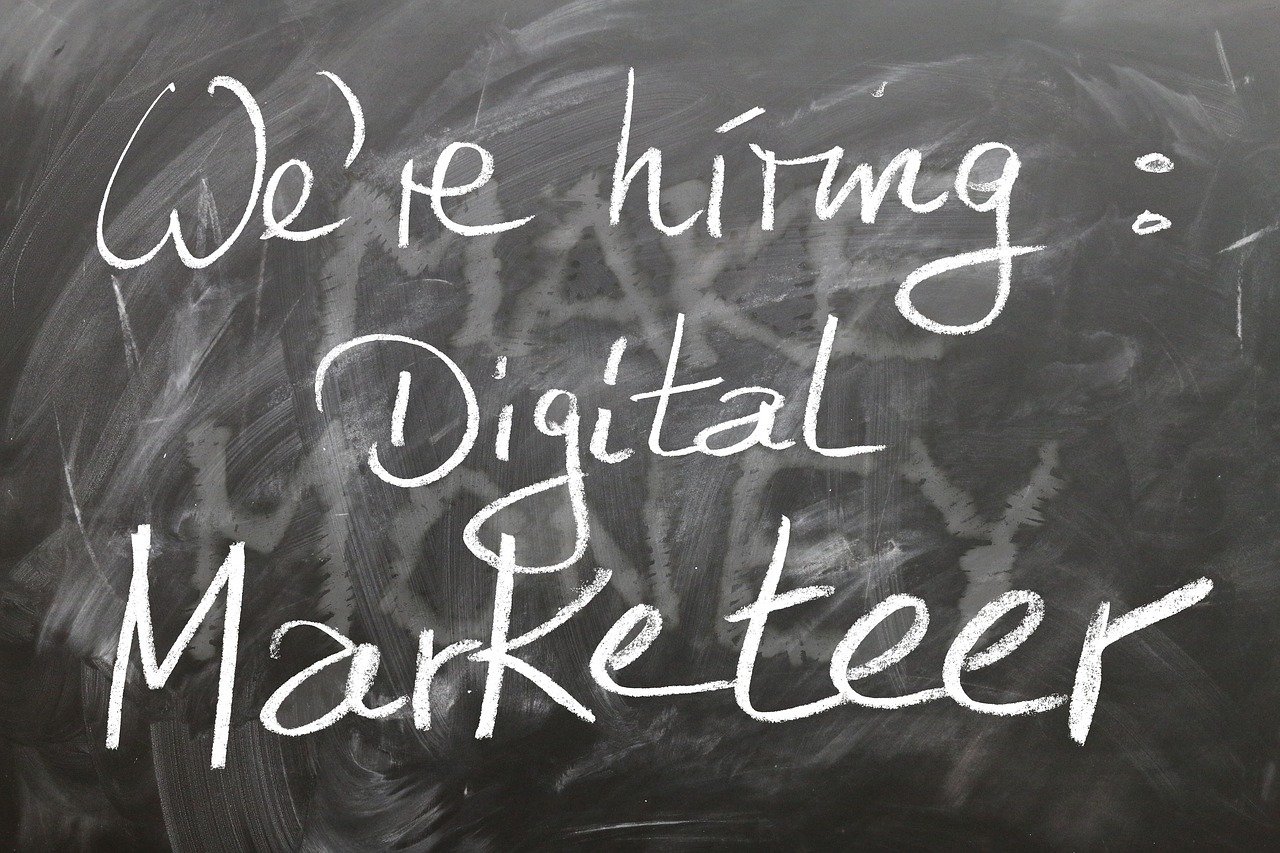The Rise of Smart Contracts: Platforms, Advantages, and Future Trends

Brief news summary
Smart contracts, empowered by blockchain technology, enable automated agreements that facilitate secure and transparent transactions while eliminating intermediaries. Sanjiv Maewall, Deloitte’s CTO, highlights their ability to improve efficiency across sectors like finance and supply chain. These contracts can be executed on multiple platforms, which fall into four main categories: major blockchains (such as Ethereum), high-speed platforms, private blockchains, and specialized contract management systems. Ethereum is recognized for its vibrant developer community and adaptable architecture, albeit with scalability challenges. Alternatively, platforms like Solana and Cardano are favored for their rapid transaction capabilities and lower energy usage. For enterprise needs, private blockchains like Hyperledger Fabric and Corda provide tailored security features. Additionally, innovative solutions like Casper Labs and Kaleido assist developers in crafting and deploying contracts on various platforms. This evolving landscape promotes the integration of smart contracts into diverse business functions, enhancing both transparency and efficiency. Organizations must assess their unique requirements to select the optimal smart contract platform that aligns with their objectives.Smart contracts enable users to encode business logic as executable code on a blockchain or decentralized ledger. They allow for automated, trustless applications across various sectors, particularly finance, supply chain management, and voting systems, thanks to their secure and transparent nature, as explained by Sanjiv Maewall, Deloitte's CTO. There are four primary types of smart contract platforms: large blockchain platforms, smaller ones focused on execution speed and cost, private frameworks, and tools for managing contracts among trusted partners. The selection of these platforms considers their market presence, expert opinions, and other significant metrics. A smart contract is essentially a digital version of a traditional contract, automating actions when predefined conditions are met without requiring a centralized authority. While blockchains can support smart contracts, they need additional tools for secure execution and storage. Ethereum marked a major advancement by enabling programmable smart contracts, managing transactions through the Ethereum Virtual Machine (EVM). It’s crucial to note that smart contracts may not be legally binding, prompting the exploration of "smart legal contracts" by legal professionals. Companies like DocuSign are gradually integrating these concepts into enterprise workflows to enhance automation in contractual processes. Smart contract platforms can be categorized into Level 1 (L1) and Level 2 (L2).
L1 platforms run smart contracts directly on the blockchain (e. g. , Ethereum, Solana), while L2 platforms enhance efficiency by executing them in a parallel layer (e. g. , Polygon, Optimistic Rollups). Recent advancements aim at improving scalability for future blockchain applications known as Web3. When choosing a smart contract platform, considerations include security features, performance, scalability, costs, and the strength of the development community, according to Maewall. For instance, while Ethereum has a vast developer network, it also faces high transaction costs. The landscape of smart contract platforms is diverse and rapidly evolving. Ethereum remains a prominent player, though alternatives like BNB Smart Chain, Solana, and Cardano are gaining traction for their efficiencies. Private blockchains, such as Hyperledger Fabric and Corda, are tailored for businesses needing to streamline transactions among trusted partners. Emerging platforms like Casper Labs and Kaleido facilitate smart contract management, offering tools for easier development, integration, and monitoring. DocuSign has also ventured into this area, blending traditional contract lifecycle management with smart contract capabilities to enhance user experience. In summary, the realm of smart contracts is extensive and dynamic, with multiple platforms catering to varying needs, whether for public blockchain solutions or private enterprise implementations.
Watch video about
The Rise of Smart Contracts: Platforms, Advantages, and Future Trends
Try our premium solution and start getting clients — at no cost to you

I'm your Content Creator.
Let’s make a post or video and publish it on any social media — ready?
Hot news

Runway Partners with IMAX for AI Film Festival
In August 2025, Runway, a leading platform known for its innovative AI applications in creative industries, partnered with IMAX, a global leader in immersive cinema, to present a groundbreaking showcase of AI-created films.

AI-Powered Social Media Marketing Platforms: A Ga…
Artificial Intelligence (AI) is rapidly reshaping the landscape of social media marketing (SMM), becoming a vital element for businesses aiming to boost their online presence and enhance customer engagement.

Apple's Siri Enhances AI Capabilities with Contex…
Apple has recently revealed major upgrades to its virtual assistant, Siri, marking a significant leap forward in artificial intelligence and voice-activated technology.

AI-Generated Music Videos: The Future of Music Pr…
The music industry is undergoing a major transformation with the increasing adoption of AI-generated music videos as a cutting-edge promotional tool.

DealHub’s $100M Bet on AI Sales Engines
DealHub.io, a leader in AI-driven revenue orchestration, has raised $100 million in a growth funding round led by Riverwood Capital, aiming to challenge traditional sales systems amid rising demand for intelligent deal automation.

AI-Driven SEO: The Next Frontier in Digital Marke…
Artificial Intelligence (AI) is quickly becoming a crucial element in digital marketing strategies, particularly in Search Engine Optimization (SEO).

AI Overviews Are Reshaping Legal SEO and Law Firm…
As potential clients increasingly depend on AI-enhanced search results for legal guidance, law firms that provide clear, credible information compatible with these systems are more likely to be discovered and trusted.
AI Company
Launch your AI-powered team to automate Marketing, Sales & Growth

and get clients on autopilot — from social media and search engines. No ads needed
Begin getting your first leads today








